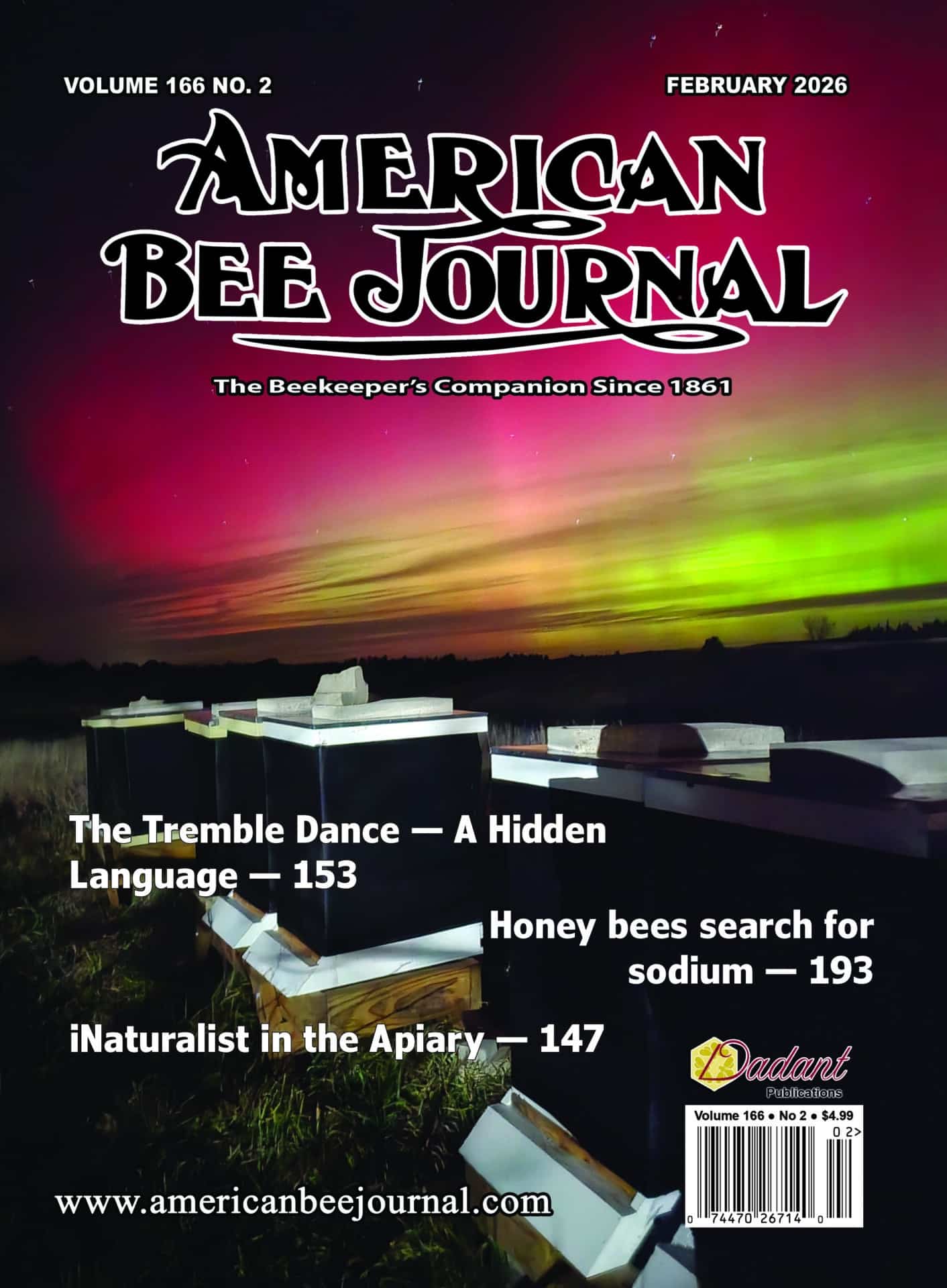York University
TORONTO, Thursday, June 29, 2017 – Worker and queen honeybees exposed to field realistic levels of neonicotinoids die sooner, reducing the health of the entire colony, a new study led by York University biologists has found.
The researchers were also surprised to find that the neonicotinoid contaminated pollen collected by the honeybees came not from crops grown from neonicotinoid treated seeds, but plants growing in areas adjacent to those crops.
The role of neonicotinoid insecticides in honeybee colony deaths in Ontario and other parts of North America has been controversial. Some critics dismissed studies that found negative effects on worker behavior and colony health as unrealistic, suggesting bees were …


